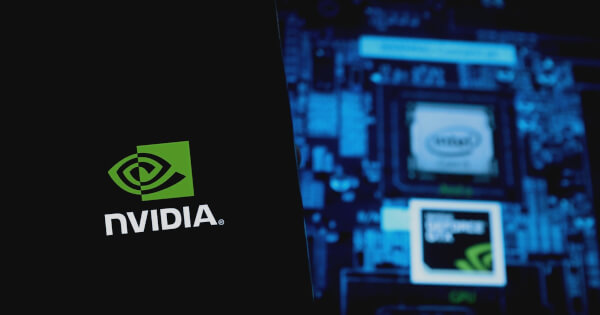Rongchai Wang
Oct 16, 2024 16:52
NVIDIA Jetson enhances brain disease treatment through Brain-Machine Interactive Neuromodulation, offering real-time neural decoding and stimulation for conditions like epilepsy and Parkinson’s.
Neuromodulation, a technique that intervenes in neural activity to enhance or restore brain function, is making significant strides in treating brain diseases such as Parkinson’s, epilepsy, and depression. According to the NVIDIA Technical Blog, recent advancements in closed-loop neuromodulation strategies are improving therapeutic effects and reducing side effects, thanks to the integration of edge AI computing.
Brain-Machine Interactive Neuromodulation Tool
Researchers have developed the Brain-Machine Interactive Neuromodulation Research Tool (BMINT), which uses machine learning algorithms and neural networks to interpret complex neural activities associated with various pathological states. This tool aims to provide precise interventions to restore neural functions, employing bidirectional information transfer between the brain and the tool for efficient real-time signal processing.
Components of BMINT
The BMINT comprises three main hardware modules:
- Recording: Utilizes eight channels to capture neurophysiological signals with high resolution and frequency, leveraging the NVIDIA Jetson Nano for its edge AI computing capabilities.
- Computing: Features various input/output ports for interfacing with neuromodulation devices like transcranial magnetic stimulation.
- Stimulation: Provides 2-channel constant current electrical stimulation with adjustable parameters for real-time application.
The choice of NVIDIA Jetson as the computing module is attributed to its access to pretrained AI models and optimization tools, facilitating the efficient deployment of machine learning algorithms.
Performance and Results
The integration of the Jetson Nano has significantly boosted computational efficiency, achieving a 14.77x increase compared to CPU usage alone. The BMINT tool demonstrated a system time delay of 2.829 ± 0.057 ms, allowing for precise cycle-by-cycle phase modulation in treating brain diseases.
In a simulated online demonstration, the BMINT showcased its capability in real-time closed-loop neuromodulation for epilepsy, achieving a sensitivity of 96.16% with a false positive rate of 1.42%. Such performance is critical in optimizing algorithms for better sensitivity and specificity during epilepsy treatment.
Conclusion
The BMINT tool represents a significant advancement in intelligent closed-loop neuromodulation, enabling precise neural sensing and electrical stimulation. Its ability to achieve low system time delays and integrate machine learning algorithms efficiently makes it a promising solution for personalized electronic medicine.
Image source: Shutterstock
Credit: Source link






















 Bitcoin
Bitcoin  Ethereum
Ethereum  XRP
XRP  Tether
Tether  Solana
Solana  USDC
USDC  Dogecoin
Dogecoin  Cardano
Cardano  Lido Staked Ether
Lido Staked Ether  TRON
TRON  Wrapped Bitcoin
Wrapped Bitcoin  Wrapped stETH
Wrapped stETH  Chainlink
Chainlink  Avalanche
Avalanche  Sui
Sui  Stellar
Stellar  Litecoin
Litecoin  Shiba Inu
Shiba Inu  Toncoin
Toncoin  Hedera
Hedera  LEO Token
LEO Token  USDS
USDS  Hyperliquid
Hyperliquid  Polkadot
Polkadot  WETH
WETH  MANTRA
MANTRA  Bitcoin Cash
Bitcoin Cash  Ethena USDe
Ethena USDe  Bitget Token
Bitget Token  Wrapped eETH
Wrapped eETH  Uniswap
Uniswap  Monero
Monero  NEAR Protocol
NEAR Protocol  Pepe
Pepe  WhiteBIT Coin
WhiteBIT Coin  Aave
Aave  Ondo
Ondo  Bittensor
Bittensor  Aptos
Aptos  Internet Computer
Internet Computer  Dai
Dai  Official Trump
Official Trump  Ethereum Classic
Ethereum Classic  Tokenize Xchange
Tokenize Xchange  Mantle
Mantle  OKB
OKB  Gate
Gate  sUSDS
sUSDS  Coinbase Wrapped BTC
Coinbase Wrapped BTC 
